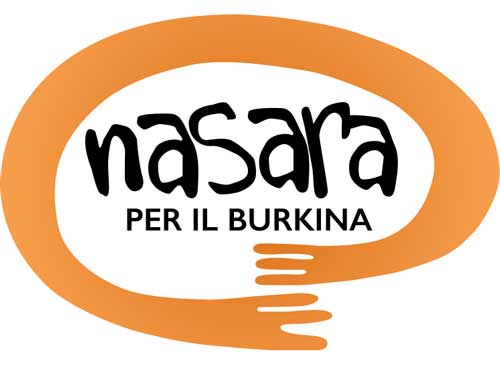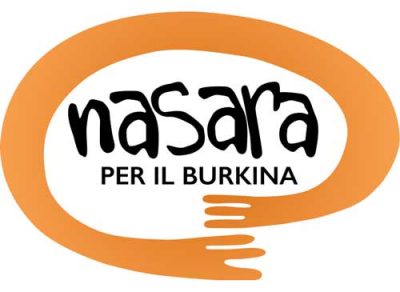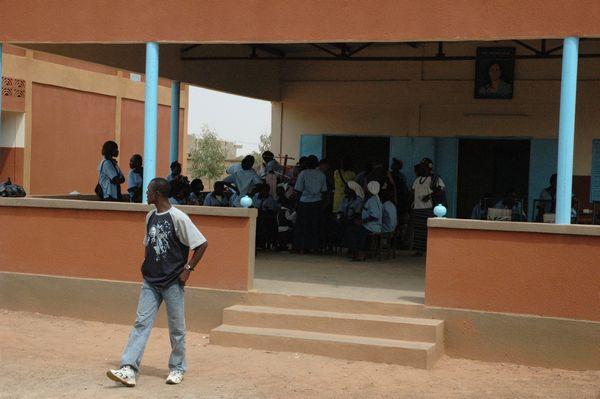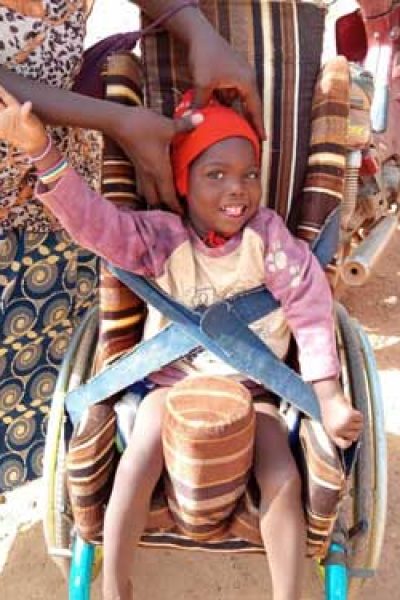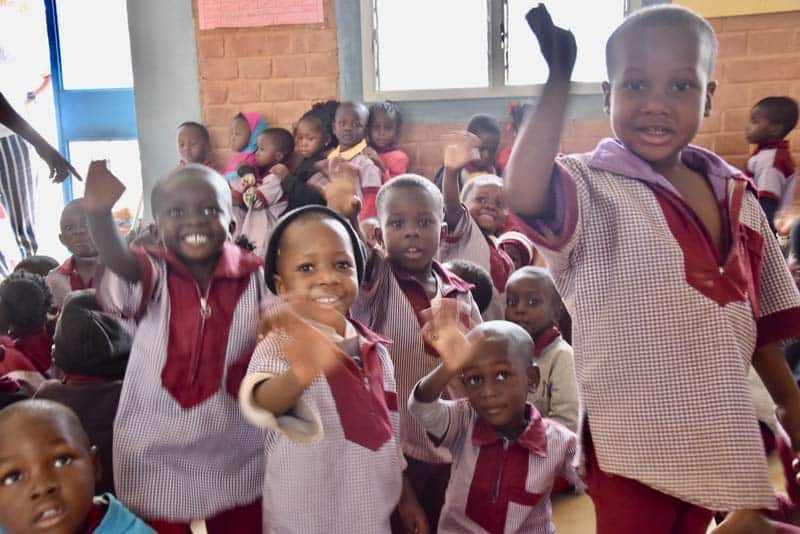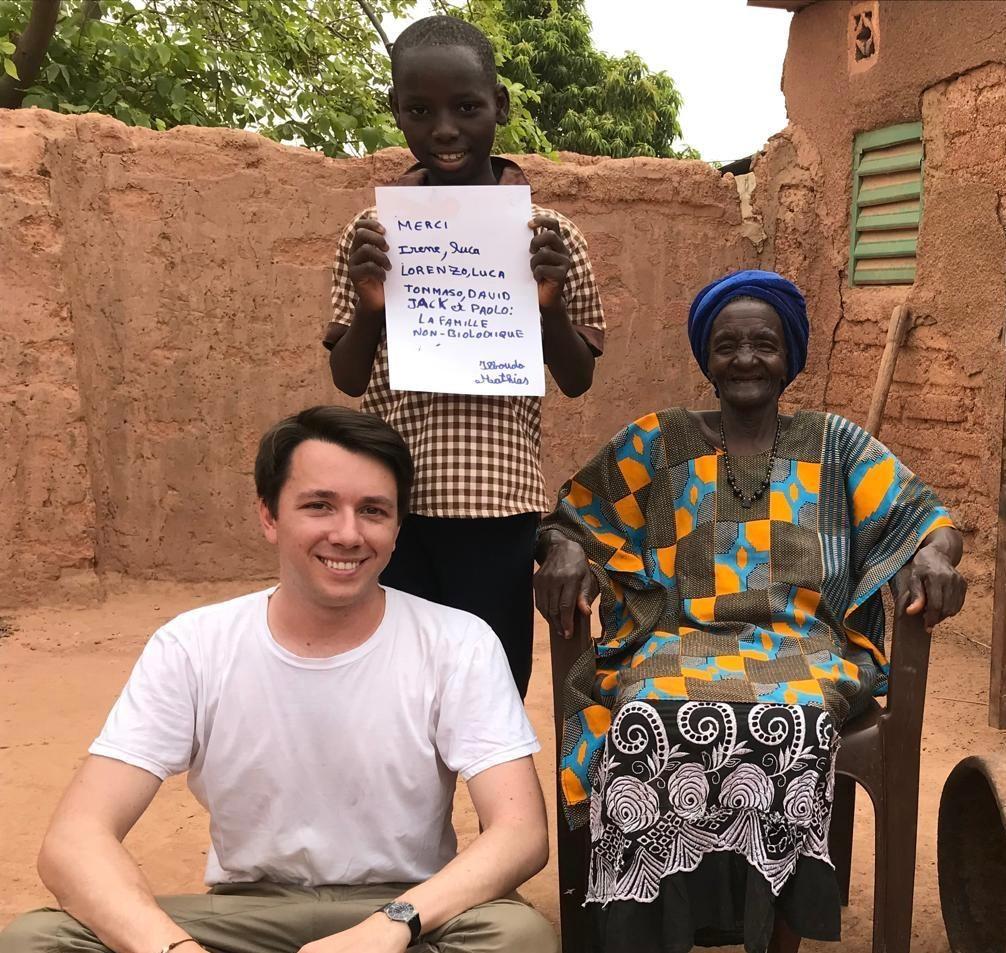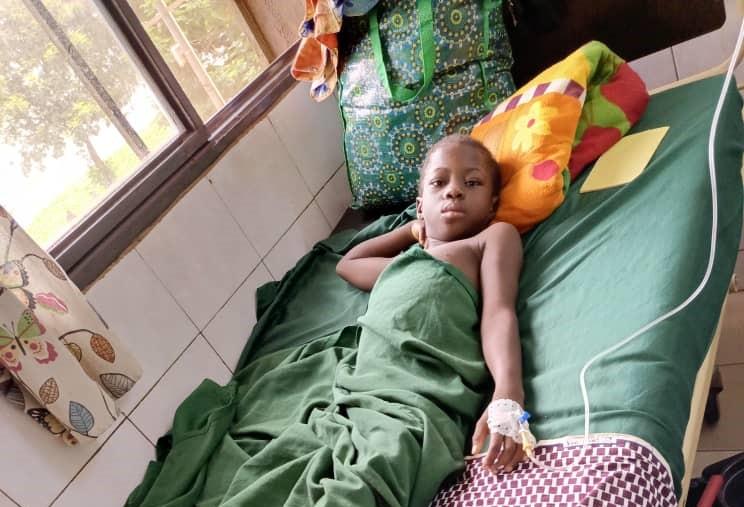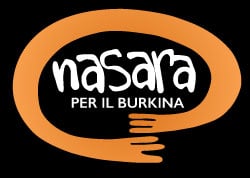Women are a pivotal element of life in Burkina because they are the ones on whom very often not only the management but also the very sustenance of the family rests.
Women, in fact, take care of their children’s education and nutrition on their own, and this often happens in conditions of deep hardship: for example, among the Mossi, land belongs to the communities and when it is divided up, women are given the less fertile and more distant ones.
In the fields, bent over in the sun, one often sees women with hoes or watering cans working, carrying their children on their backs with a cotton cloth. They harvest millet and sorghum to sell it and with the money pay for food and clothing for the family.
Women have the exclusive right to the water supply, whether the family is in the city or on the savannah, regardless of whether the source is nearby or kilometres away, always on foot of course.
These situations of cultural discomfort are compounded by the still widespread practices of genital mutilation, family rape, arranged marriages from a very young age, mistreatment, and the habit of favouring the schooling of male children over female children.
Thomas Sankara wrote in this regard:
“Our society has relegated women to the status of beasts of burden”.
“We will never be able to paint an adequate portrait of the misery women suffer”.
“Man, however oppressed he may be, has another human being to oppress, the woman.”
Precisely in order to help single mothers, young women escaping from difficult situations, Father Celestino’s Menager School was founded in Ouagadougou.
The school aims to train young women who have not had the opportunity to follow a normal school career.
In this school, the girls learn various trades including tailoring, cooking, soap making, etc..
The aim is to teach proper hygiene, health and nutritional behaviour and at the same time to create the basis for a future profession.
Our association has supported this training centre since its inception by financially supporting its management and some specific activities such as:
- construction of several pavilions
- a water well
- sewing room equipment
